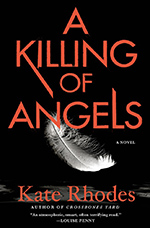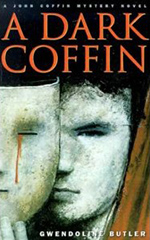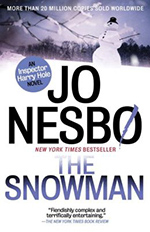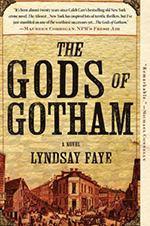Julie Hyzy: Home of the Braised
I think I’ve mentioned this before, but for about the price (or less) of a movie ticket you can instead buy and read this blast of a book. This is a series I look forward to without fail, and I’m joined by Hyzy’s growing number of enthusiastic readers, who love White House Executive Chef Ollie Parras. Hyzy actually writes what I would call old fashioned adventure novels – she tells a rollicking good story, sometimes stretching credulity, but as you’re caught up in her narrative, you simply won’t care.




